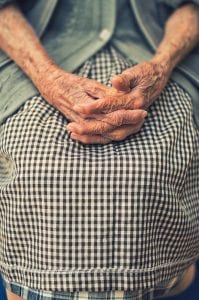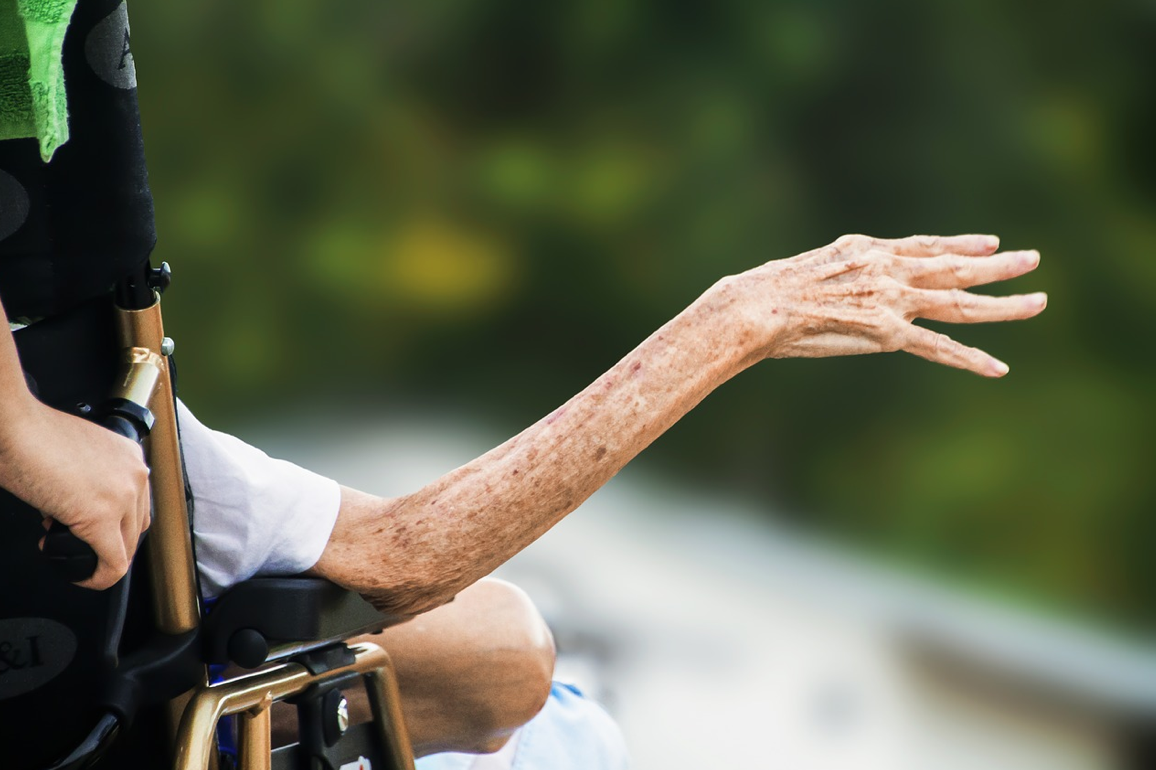The senior years should truly be the golden years. But for too many of our elders, these golden years have been tarnished by improper care, neglect, and outright abuse.
They are supposed to be our society’s most venerated. Instead, all too often, they are our most vulnerable. Rather than reaping the rewards of decades of hard work and sacrifice, too many of our seniors are languishing from neglect — or worse — in America’s nursing homes. As a country, we are betraying the trust our elders have placed in us. We are reneging on the sacred duty of care we owe to them.
The reality, however, is that the tragic state of our nursing homes today is rarely the result of pure malice or inhumane disregard. Rather, it derives from circumstances far beyond the control of frontline healthcare workers and caregivers on the ground. Instead, it comes from a lack of infrastructure, a dearth of regulations, and gross economic inequities.
The Economics of Caring
Nursing home neglect and improper care rarely result from evil intent. The vast majority of nursing home workers do the best that they can in often dire circumstances. Where cases of neglect and poor care proliferate, there you will also often find severe underfunding and an overworked and understaffed care team.
Sadly, the economic challenges that give rise to such abuses are only expected to worsen as the population ages and sickens and, in terms of both financing and manpower, demand far exceeds resources.
This is especially concerning in the face of continuing and drastic cuts in Medicare funding, which have driven once-lucrative elder care facilities into bankruptcy. Devastating stories of patient abuse and neglect, which patients too often simply do not survive, abound. Without significant and urgent steps to stop the financial bleeding, it will be our seniors who continue to suffer the most.
The Impact of Caregiver Bias
The quality of care residents receive isn’t compromised only by funding and staffing deficits. Another significant issue, particularly regarding improper care, is the effect of caregivers’ unconscious biases.

Studies increasingly show that healthcare providers are reluctant to take significant life-saving measures on the oldest patients, regardless of what the patients’ specific medical directives may be. Often, the failure to intervene is motivated not by a lack of capacity but by “quality of life” and “natural life course” assumptions, the belief that, beyond a certain age and/or health threshold, it is “better” to let nature take its course. This is a highly paternalistic and ageist perspective that presupposes that the healthcare team is in a better position than the patient or their family to determine when life is no longer “worth living.”
A Denial of Responsibility
Unfortunately, unconscious ageism and the lack of funding, resources, and manpower are far from the only assault on America’s nursing home residents. Even as senior care facilities suffer from increasing budget constraints and understaffing, a growing trend of deregulation is immunizing these institutions from the burden of culpability.
This coupling of inadequate resources with decreasing legal liability is a dangerous recipe for our seniors. This is particularly true today, in the wake of the COVID-19 pandemic. The coronavirus outbreak has given rise to a spate of new immunity laws that are not only laying the groundwork for increased negligence during the pandemic but are also setting a harmful precedent for releasing these facilities from liability in the future.
The Consequences of COVID
Increasing deregulation and the rise of immunity statutes are, of course, far from the only deleterious impacts of COVID-19 on the nursing home industry. The mere logistics of attempting to manage coronavirus given the particular vulnerability of this patient population have placed astronomical burdens on an already overburdened system.
Protecting patients from the virus have necessitated drastic measures. Facility lockdowns, prohibiting access by even patients’ immediate family members have not only increased the caregiving burden on nursing home staff, but they have also increased patients’ medical needs, as they endure the physical and psychological effects of being isolated from their loved ones.
Additionally, nursing homes, like hospitals, have been compelled to create dedicated isolation units and to adopt rigorous virus mitigation and disease prevention protocols. The effect on overwhelmed and overworked staff has been devastating. But for patients, even those who manage to escape the virus, the consequences are even direr. In the face of this unprecedented crisis, patients are dying not only from the emotional toll of isolation but also from a general lack of even minimal standards of care.
The Takeaway
The senior years should truly be the golden years. But for too many of our elders, these golden years have been tarnished by improper care, neglect, and outright abuse. From lack of funding and manpower to deregulation and ageist bias, our seniors are paying the price for our society’s shortcomings.


Join the conversation!